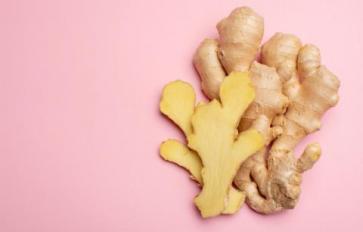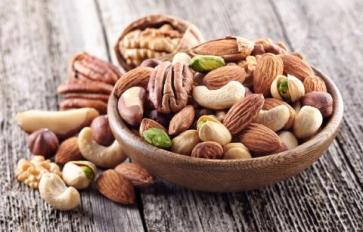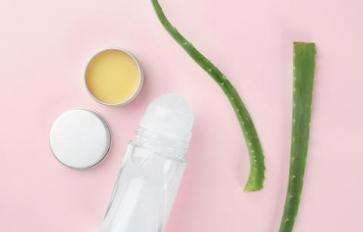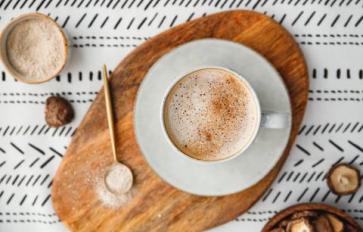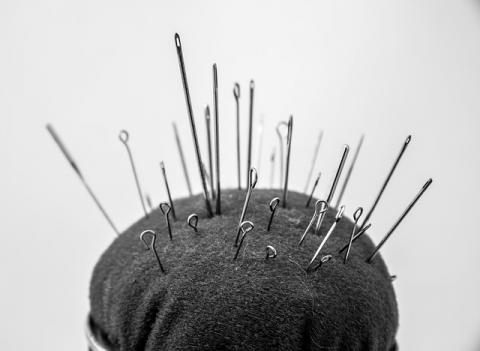
Hives are medically known as urticaria. They are the sudden appearance of itchy bumps on the skin. Most hives occur on the face, neck, arms and legs and range from small bumps to larger ones. They also come in groups, known as plaques. While they cause itching, sometimes urticaria can also burn or sting.
What causes hives?
Hives are a common allergic reaction to food (common allergies include nuts, chocolate, fruits, and milk). Other causes are insect bites or contact with chemicals, latex, nettle, and medications. Exposure to extreme temperatures or prolonged contact with water are some more (albeit uncommon) reasons.
Why do hives itch?
When the body comes in contact with an allergen it releases a protein called histamine. Histamine triggers leaks in the small blood vessels under the skin, causing the red bumps and itchiness.
How long do hives last?
Hives are generally categorized into two types, depending on their longevity. Acute urticaria can last from 24 hours up to 6 weeks. Chronic urticaria is any episode that lasts 6 weeks and beyond.
What's the cure for hives?
The cure to any allergic reaction is anti-allergy medication prescribed by a physician (though you can also look for nature's antihistamines). As with every allergy – the only way to stave it off is to stay away from the root cause. Your doctor may recommend you undergo an allergy test to find out what caused the hives in the first place, particularly if they are frequent or turning chronic.
Is it hives, or a rash? Sometimes an itchy rash is just a rash. The one way to differentiate between a rash and hives is that the hives are migratory -- as in, they rarely stay in one place for more than 24 hours.
AYURVEDIC PRECAUTIONS & REMEDIES FOR HIVES
- Do not eat any sweet food as sugar will make the itching worse, be it sugar, jaggery, or alcohol. You can have honey.
- Keep meals light and digestible to give your digestive system a good flushing.
- Try and eat cooked split gram (split legumes), bitter gourd, and pomegranate, as they have skin-soothing properties.
- Avoid ghee or refined oil and instead, use mustard oil for cooking.
- Avoid any exposure to excessive temperatures or climate.
- Turmeric improves the body’s immunity and health quotient by a lot. One teaspoon of turmeric mixed with a glass of milk or downed with warm water at night should work to halt the spread of hives.
- Steep stinging nettle in hot water for 10-15 minutes to form a dark green tea. Add some honey to sweeten and keep sipping half a cup of this concoction 2-3 times a day. The itching should ease.
- Massage the skin with room-temperature organic mustard oil for 15 minutes, and then take a bath with an organic or castile soap with cool water.
- Make a thick paste of 2 cups oatmeal and 3 teaspoons cornstarch with water. Apply this paste on the affected areas till the itching subsides.
- Applying aloe vera pulp or extract to the affected areas will also help in reducing the inflammation.
As an erstwhile victim of hives (I was and am allergic to “pasteurized” milk), I can well imagine the utter misery of being itchy all over. The only thing that works is a complete banishment of the allergy source to blame. Which, of course, is always easier said than done! Just remember, this too shall pass…




